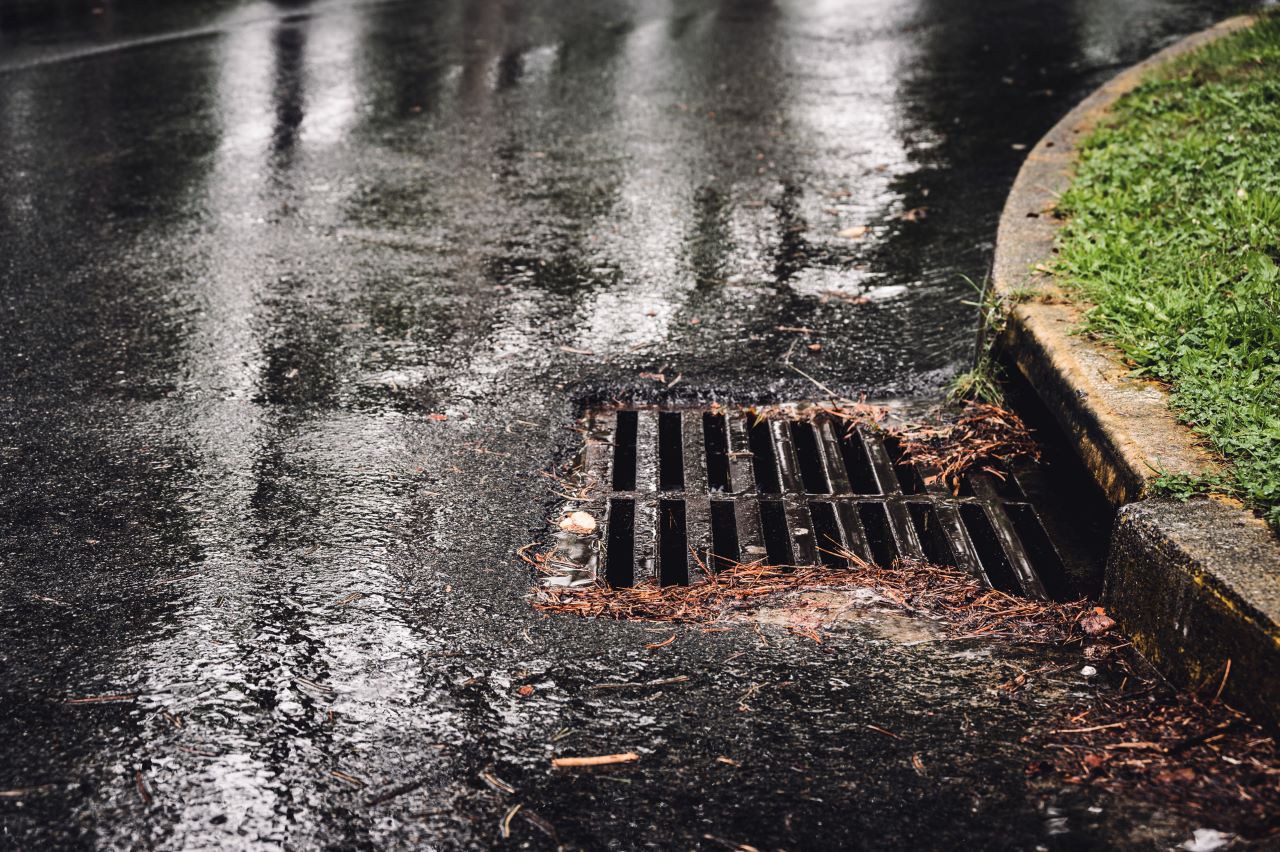
Managing stormwater is essential for New Zealand towns and cities. Without effective stormwater management, floodwaters can damage homes and businesses, contaminate drinking water, and disrupt vital services.
Urban stormwater can have a range of negative impacts on water quality and the environment. These can include increased sedimentation and turbidity in waterways, flooding and erosion.
Stormwater management is the process of controlling and managing stormwater runoff from urban areas in order to protect and enhance water quality and the environment. Learn more about how you can help Auckland’s stormwater system stay healthy from your own home.
There are a number of benefits of stormwater management, which include:
Improving water quality
Stormwater management can help to improve water quality by minimising the amount of pollutants and sediment that enters waterways. This can be achieved through a range of measures such as catchment and wetland rehabilitation, street sweeping and the use of filters and sediment traps.
Reducing flood risk
Stormwater management can reduce the risk of flooding by managing the volume and rate of runoff from urban areas. This can be achieved through measures such as detention basins, infiltration trenches and green roofs.
Enhancing the environment
Stormwater management can enhance the environment by improving the quality of waterways and protecting against erosion. It can also create green space and habitat for urban wildlife.
Supporting sustainable development
Stormwater management is an important part of sustainable urban development. It can help to reduce the impact of urbanisation on the environment and support the development of liveable and resilient cities.
Creating economic benefits
Stormwater management can create a range of economic benefits, including reducing the costs of flood damage, improving water quality and enhancing the value of property.
Stormwater management is essential for protecting and enhancing water quality and the environment in urban areas. It can also create a range of economic and social benefits.
Resource Management Act 1991
In New Zealand, stormwater management is governed by the Resource Management Act 1991 (RMA). The RMA requires councils to take a ‘catchment approach’ to stormwater management, which means managing stormwater at its source, rather than trying to clean it up after it has entered waterways.
There are a number of different stormwater management techniques that councils can use to reduce water pollution, including:
- Constructing drainage systems that channel stormwater away from urban areas
- Building ‘retention basins’ or ‘infiltration basins’, which allow stormwater to seep slowly into the ground rather than running off into waterways
- Planting trees and other vegetation, which help to intercept and filter stormwater
- Constructing ‘ permeable pavements’, which allow stormwater to seep through rather than run off
- Creating ‘wetlands’, which filter and cleanse stormwater before it enters waterways
All of these stormwater management techniques have been shown to be effective in reducing water pollution. In addition, they have a number of other benefits, including reducing the risk of flooding, recharging groundwater supplies, and providing habitat for wildlife.
With the right stormwater management measures in place, councils can significantly reduce water pollution and help to protect the health of their communities.
GET IN TOUCH
Fox Drainage provide residential and commercial drain laying throughout Auckland. Let us know how we can help.
